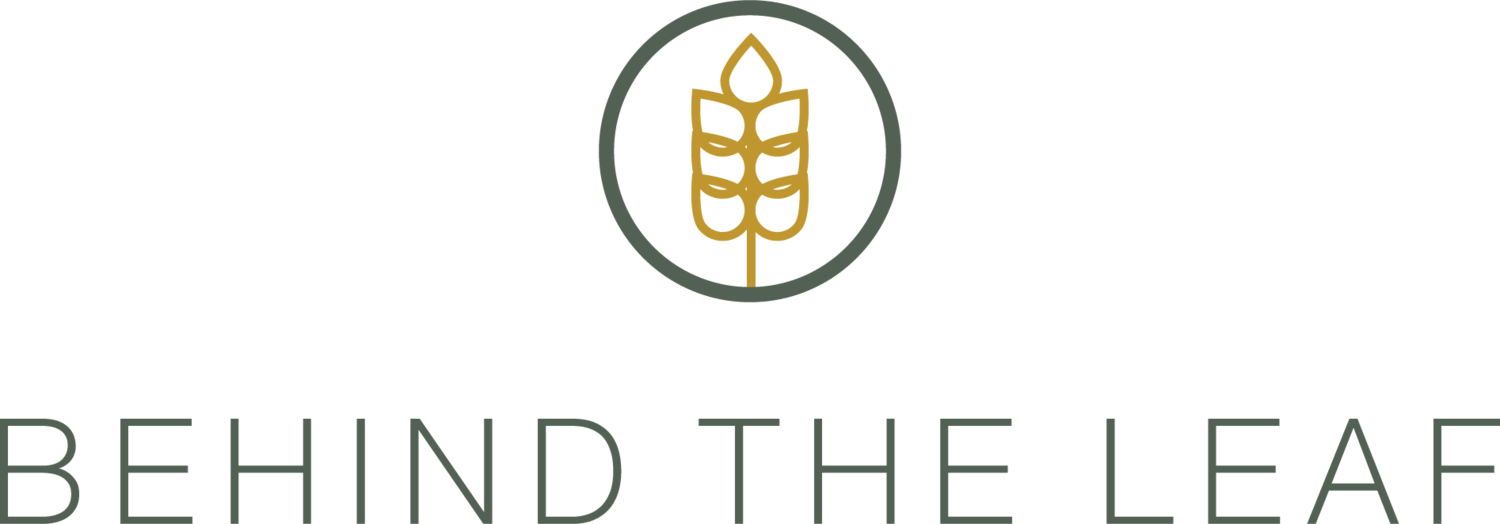Striking the Right Balance: Navigating Flexibility and Accountability in Remote Work Environments
Today, technology has triggered a drastic shift in the professional landscape, empowering a transition from conventional office setups to one that’s more flexible – in setting and in schedule.
In turn, organizations have been able to tap into an expanded talent pool, fostering collaboration around the world. While many have found fulfillment in working remotely, businesses and employees alike must walk a fine line between flexibility and accountability.
Embracing Flexibility in Remote Work
The concept of 'going to work' has been redefined in recent times. The age-old image of daily commuting to a physical office location has been replaced by the novel idea of working at the comfort of your home. This paradigm shift has revolutionized the professional landscape, which led to the creation of more diverse global teams.
In line with this, the development of collaboration and project management tools has enabled geographically dispersed teams to collaborate seamlessly, achieving a level of efficiency that’s comparable to that of traditional office setups. These tools facilitate smooth communication and efficient project management. Consequently, they encourage global collaboration, stimulating a more equitable approach to work.
Accountability: The Bedrock of Remote Work
Despite the huge advantages that come with remote work, it presents a unique set of challenges. Primarily, the issue of accountability presents a significant obstacle. In an environment characterized by a high degree of autonomyy, fostering a culture of accountability becomes a necessity for organizations with remote work setups.
In a remote work environment, accountability is more than just meeting deadlines. It encompasses transparent communication, dependability, and honesty. This implies that employees must take the initiative to properly communicate with colleagues and stakeholders, be reliable in meeting their commitments, and be fully responsible for their roles. At an organizational level, it involves establishing policies and adopting tools that monitor progress without crossing the boundaries of personal privacy.
Emotional Intelligence in Remote Work: Why It’s Important
When addressing the issue of accountability and flexibility in remote work environments, there’s one thing you mustn’t overlook – emotional intelligence. It’s the capacity to comprehend, manage, and utilize one's emotions positively, which is absolutely critical in remote work environments. In a setting where physical interaction is limited and messages can easily be misinterpreted, emotional intelligence serves as a crucial bridge, ensuring smoother interactions and more effective synergy.
Individuals with high emotional intelligence are more likely to succeed in the remote work landscape. They can effectively manage their emotions and handle difficult challenges at work. From an organization’s perspective, it’s important to encourage building emotional intelligence as it can foster a supportive environment.
Finding the Balance Between Flexibility and Accountability
The conundrum that organizations and individuals face is striking the right balance between flexibility and accountability in remote work setups. To achieve this balance, it’s important to understand the following:
First, it’s important to define your expectations. Each team member should have a full understanding of their role. This includes being aware of the metrics used to evaluate their performance. This clarity mitigates potential misunderstandings and ensures everyone is aligned towards the same objectives.
Secondly, communication plays a pivotal role. Regular check-ins and timely updates help to keep everyone on the same wavelength and ensure tasks progress as planned. It also provides a platform to address concerns promptly and reaffirm the team's shared objectives.
Finally, integrating emotional intelligence into the team's culture is essential. This process involves encouraging open discussions about difficulties encountered at work and offering necessary support. Emotionally intelligent teams tend to cultivate a more positive work environment, thus boosting morale and enhancing productivity.
Adapting to the Future of Work
As we continue to evolve in this ever-changing professional landscape, organizations and individuals are left with no choice but to adapt to changing work paradigms. While the advent of remote work has opened up new avenues for flexibility, it also comes with a huge price: the added responsibility of maintaining productivity and accountability.
One key aspect of this evolution involves embracing innovative technologies that aid in project management and team collaboration. These technologies provide a platform for effective communication, ensuring that project objectives are met.
Conclusion
In conclusion, the birth of remote work brings along a blend of flexibility and novel challenges. To navigate this landscape successfully, it's essential to strike a balance between flexibility and accountability. Advanced tools can help organizations with project management and communication, but it’s also important to foster a culture that helps an organization thrive in a remote work environment. That is, to integrate emotional intelligence.
The path to embracing the flexibility and freedom that remote work offers while maintaining accountability is filled with challenges. However, as we continue to adapt to the professional landscape, one thing’s for sure: organizations who successfully balance flexibility and accountability can thrive in the digital age.
Written by Bash Sarmiento;bash.psarmientowrites@gmail.com







